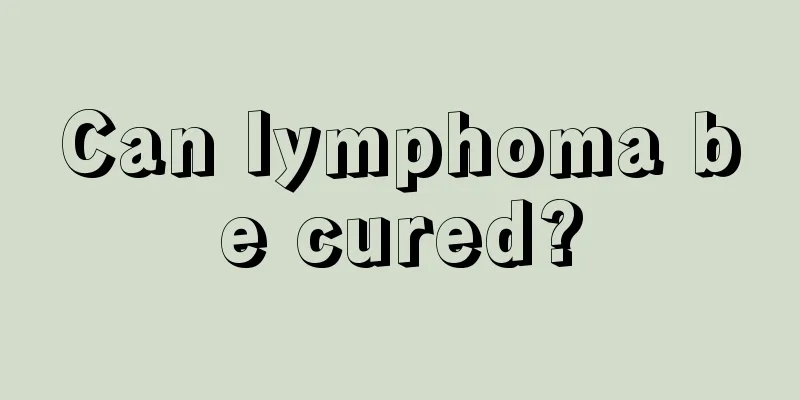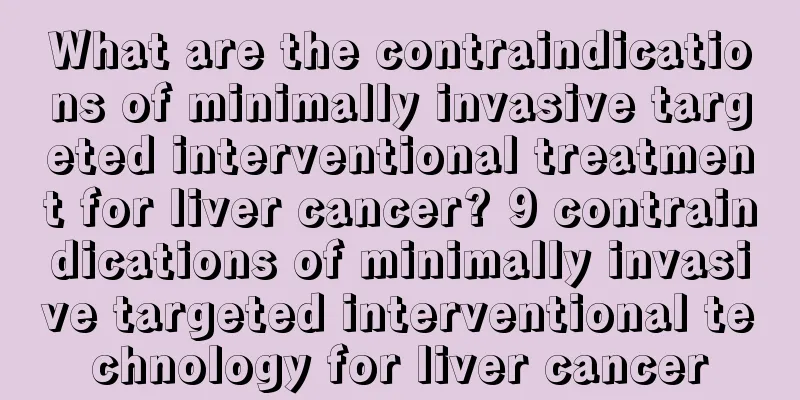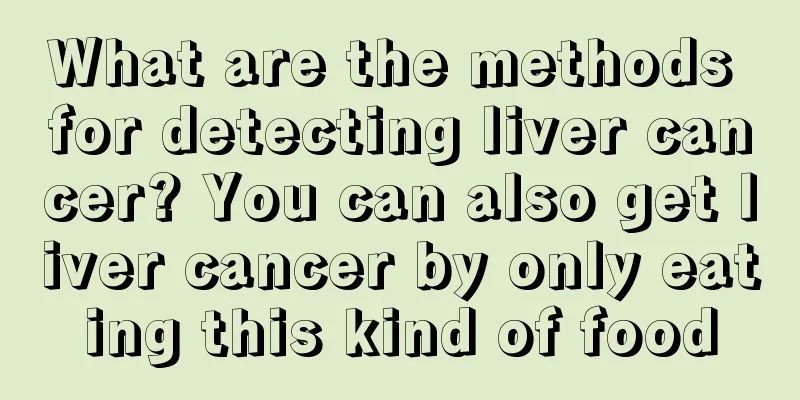Can lymphoma be cured?

|
In recent years, we have found that the incidence of lymphoma in China is increasing day by day, and it has now become one of the top ten malignant tumors in China. Many friends are concerned about this question: Can lymphoma be cured? The answer is yes. Lymphoma is a curable disease. Fifty to sixty percent of early patients can be cured using immunotherapy, chemotherapy, and targeted therapy. Incidence and causes: Lymphoma is a malignant tumor originating from the lymphatic system. It is mainly divided into two categories: Hodgkin's lymphoma (HL) and non-Hodgkin's lymphoma (NHL). Non-Hodgkin's lymphoma is more common in Chinese patients, accounting for more than 80% of lymphoma. With the rapid development of modern society in recent years, lymphoma has quietly squeezed into the list of China's top ten malignant tumors. Data show that the incidence of lymphoma in China is currently about 691,100, increasing at a rate of 5% per year, with about 50,000 new patients each year. Among them, the incidence of non-Hodgkin's lymphoma has rapidly increased from 2.1 million in the last century to 7.1 million. The cause of lymphoma has not yet been fully clarified. It may be related to some viruses such as Epstein-Barr virus infection, aggravated pollution of the living environment, excessive contact with organic solvents and dyes, and long-term exposure to electronic radiation. Clinical manifestations: Symptoms of non-Hodgkin's lymphoma include swollen lymph nodes (in the neck, armpits or groin), cough, shortness of breath, unexplained weight loss, low fever, excessive sweating (especially at night), etc. However, these symptoms are sometimes not very obvious and are often easily ignored by patients. The author believes that if the symptoms can be detected early and timely treatment is sought, the cure rate will be greatly improved. Some early signs are particularly noteworthy: 1. Progressive lymphadenopathy without clear cause, especially when the location, hardness, and mobility are consistent with the characteristics of malignant lymphoma. 2. "Lymph node tuberculosis" is not responding to regular anti-tuberculosis treatment, and "chronic lymphadenitis" is not responding to general anti-inflammatory treatment. 3. Lymphadenopathy and fever sometimes improve after treatment, but they often recur and the overall trend is progressive. 4. Unexplained long-term low-grade fever or periodic fever, especially accompanied by itchy skin, sweating, weight loss, and superficial lymphadenopathy. The author once again reminds all friends that if these abnormal conditions occur in the body, do not act on your own and go to a regular hospital for examination in time. Lymphoma is one of the most treatable malignant tumors. Many people's wrong understanding of cancer leads them to equate cancer with a terminal illness, and lymphoma is no exception. In fact, lymphoma is not a terminal illness, and advances in medical research have made lymphoma no longer a terminal illness. Generally speaking, the concept of "cure" of a tumor is related to the "5-year disease-free survival rate." Long-term observations have found that if a tumor patient has successfully passed the fifth year of treatment, the chance of tumor recurrence is less than 10%, and the patient can be considered cured at this point. "Although there is still a large gap in the treatment effects of different subtypes of lymphoma, the overall efficacy has been greatly improved, and it has become one of the best-treated malignant tumors among the few curable cancers." The main treatments for lymphoma include immunotherapy, chemotherapy, radiotherapy, molecular targeted therapy, etc. At present, chemotherapy is still the first choice for most lymphoma patients. If 3 to 5 chemotherapy drugs are used at the same time, the 5-year survival rate of patients with Hodgkin's lymphoma can be increased to 70% to 80%; the 5-year survival rate of patients with non-Hodgkin's lymphoma can be increased to 40% to 50%. Radiotherapy is mainly used to eliminate huge tumors in the body and residual tumors after chemotherapy. |
<<: Can gastric lymphoma be cured?
Recommend
How to make rock sugar lemon paste
Rock sugar is widely used in life. It can be held...
What should I do if my leg meridians are blocked
If the leg meridians are blocked, it will affect ...
Older men need to be alert to prostate cancer in the bones
At present, with the aging of my country's po...
Why does the flesh on one side of my butt hurt?
It stands to reason that people who work at a des...
Stay away from colorectal cancer by changing your lifestyle
According to the colorectal cancer incidence data...
Are human teeth poisonous?
In daily life, biting yourself with your teeth is...
What causes liver cancer? How can liver cancer be prevented?
Liver cancer is a type of cancer with a high inci...
Which fruit has the lowest calories
The calories contained in fruits are usually not ...
How to diagnose stomach cancer
How is stomach cancer diagnosed? Gastric cancer i...
Why do I feel frequent and urgent urination after holding my urine?
Holding urine is very common for many people, but...
How to do paternity test most accurately
Paternity testing is a very important technology ...
These signs indicate that your liver is becoming cirrhotic
Hepatic cirrhosis is a common chronic progressive...
Can onions and mushrooms be eaten together
Onions and shiitake mushrooms can be eaten togeth...
The most vulnerable hollow organ in the abdomen is
There are many important organs distributed below...
What is the normal level of follicle-stimulating hormone?
Pregnancy is an inevitable result of a couple bui...









